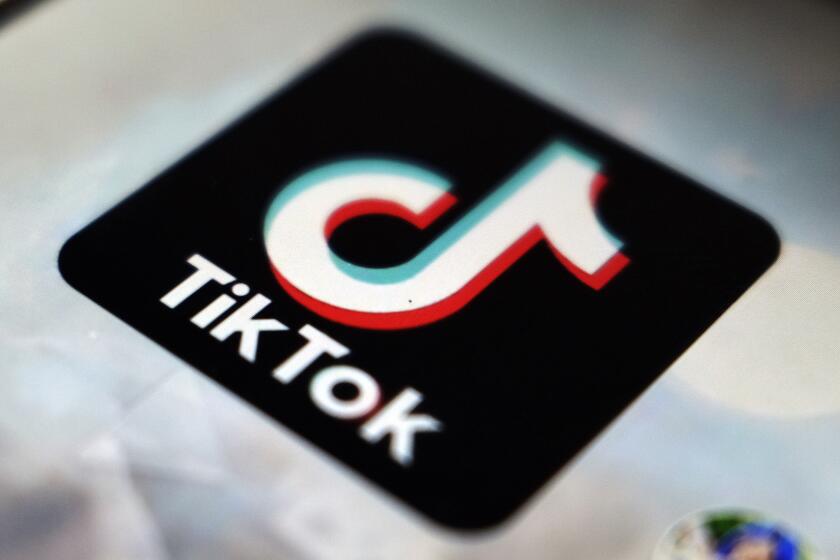Wal-Mart offers latest sign that employer-based health coverage is failing
- Share via
When Wal-Mart, the country’s largest private employer, announced the other day that it’s cutting back on health coverage for workers, it wasn’t just the latest sign that our healthcare system is out of reach for a growing number of people.
It was also the clearest indication to date that our employer-based health insurance system has let us down, saddling millions of families with rising healthcare costs and leaving millions more out in the cold.
“The system is failing us,” said Alain Enthoven, a professor emeritus at the Stanford Graduate School of Business who served as a consultant to the Carter administration on healthcare issues. “It hasn’t worked out as intended.”
Our employer-based health insurance system was a historical accident. Businesses began offering health benefits during World War II to attract workers during a government-imposed wage freeze, and the perk gradually became the primary form of coverage in the United States.
About 169 million Americans were covered by employer-based insurance plans as of last year, according to the Census Bureau.
Ours is the only developed nation to deliver health coverage in this way. Most others offer public insurance plans or allow for tightly regulated individual policies sold by private companies.
Ours is also the only nation where if you lose your job, your family can become uninsured.
At the outset, the notion of employer-based health insurance was simple and straightforward: Along with steady paychecks, businesses would provide cheap or even free coverage for workers and their families. Those workers in turn would have a powerful incentive to remain loyal and productive.
By the 1960s, nearly three-quarters of the population was covered by some sort of private, employer-based plan. But businesses soon came to realize that as more people gained access to the healthcare system, medical costs were going up.
As a result, many employers started chipping away at their health benefits. They required employees to pay an increasing share of costs, and they switched to insurance plans that offered fewer choices and less flexibility.
Premiums for employer-based plans have more than doubled since 2000, while wages have grown by a fraction of that amount over the same period.
The cost of a family plan jumped 9% this year from 2010, averaging $15,073, according to the Kaiser Family Foundation. Employers still pay most of those costs, but their share of the burden is steadily eroding.
“Workers are paying more and they’re not getting as much coverage as they used to,” said Paul Fronstin, a senior research associate at the Employee Benefit Research Institute.
Half of all workers at small firms now face annual deductibles of $1,000 or more, compared with only 16% of workers just five years ago, according to Kaiser. At larger companies, almost a quarter of workers have deductibles of at least $1,000. Five years ago, that percentage was just 6%.
Wal-Mart, for one, is coping with higher healthcare costs by reducing the number of its 1.4 million U.S. workers who qualify for coverage. New employees working fewer than 24 hours a week will no longer be insured.
The company is also jacking up rates for everyone else, with annual premiums for full-time workers soaring about 36%.
“The current healthcare system is unsustainable,” said Greg Rossiter, a Wal-Mart spokesman. “Like all businesses, we’re making choices we wish we didn’t have to make.”
Helen Darling, president of the National Business Group on Health, an organization representing large employers, said companies are aware that health benefits represent a growing financial burden for all concerned.
“No employer is in love with having to deal with healthcare costs,” she said.
Businesses will continue offering health benefits for competitive reasons, Darling said. That is, they’ll do it because they’re afraid that if they don’t, all the best workers will go someplace that does.
Never mind that virtually every other employer is similarly raising premiums and deductibles for covered workers.
This is obviously a terrible situation for American companies and American workers, not to mention all the self-employed people who have to scrape by with whatever insurance they can afford. (That we have an additional 50 million people completely lacking coverage is a national disgrace.)
So if we ditched the employer-based system, what would replace it? A Medicare-for-all program would certainly fit the bill. Barring that, the solution may lie in the insurance “exchanges” that will be established in 2014 under President Obama’s healthcare reform law.
These exchanges will serve as a marketplace for insurers to offer affordable policies to anyone who wants one. But instead of creating 50 different state exchanges, as the law currently envisions, why not create a single national exchange?
Employers could either subsidize people’s coverage purchased through the exchange or boost workers’ paychecks (because, of course, much of our current compensation is reflected in those costly health benefits).
If you switch jobs, no problem — your coverage follows you wherever you go. If you lose your job, you’re still covered, because your insurance is no longer tied to your work.
As Wal-Mart says, the existing system is unsustainable. I’m sure most other employers feel the same.
So let’s get them out of the healthcare business and fix a bad situation that is unique to this country and never should have happened in the first place.
The employer-based insurance system probably seemed like a good idea at one time. It isn’t any more.
David Lazarus’ column runs Tuesdays and Fridays. He also can be seen daily on KTLA-TV Channel 5. Send your tips or feedback to david.lazarus@latimes.com.
More to Read
Inside the business of entertainment
The Wide Shot brings you news, analysis and insights on everything from streaming wars to production — and what it all means for the future.
You may occasionally receive promotional content from the Los Angeles Times.











